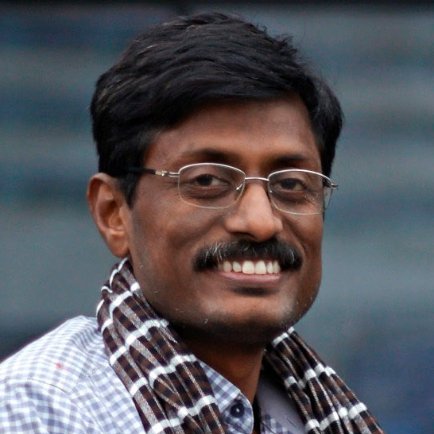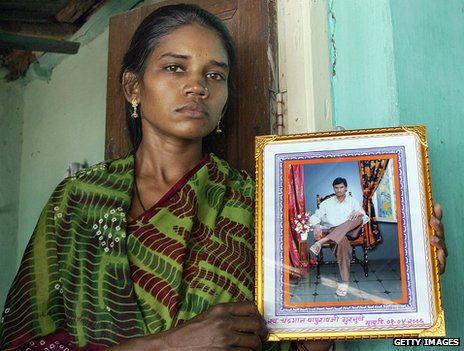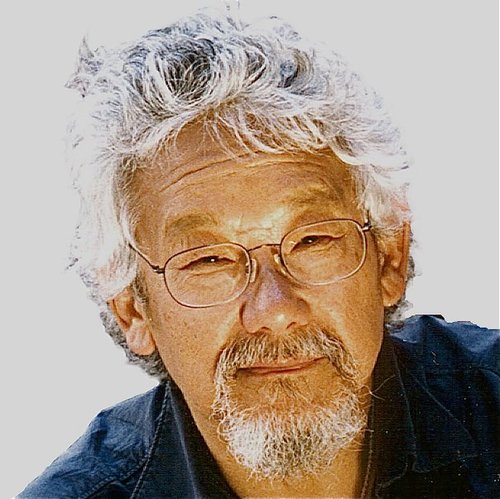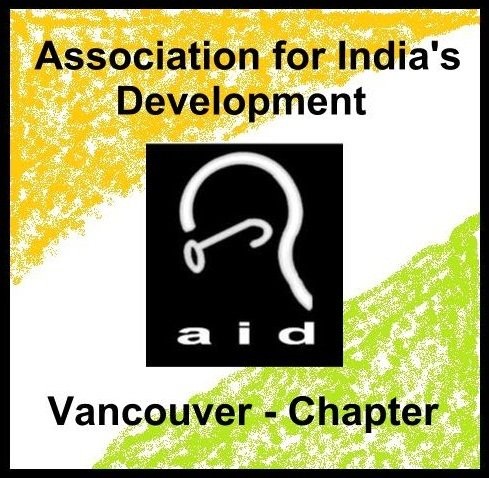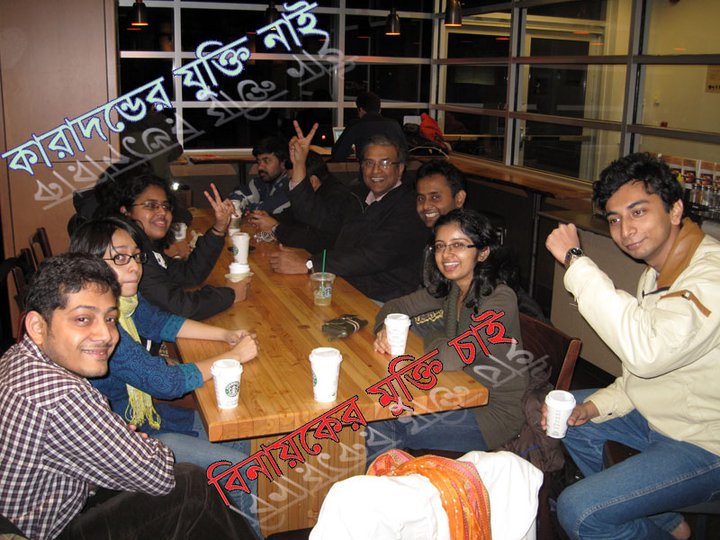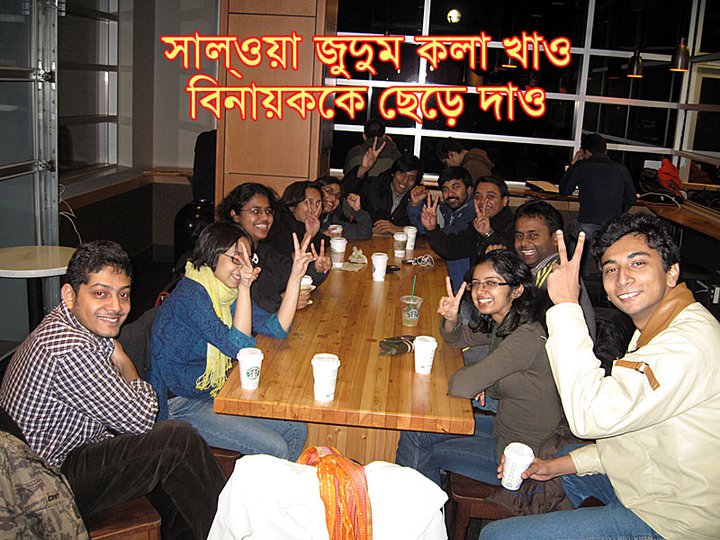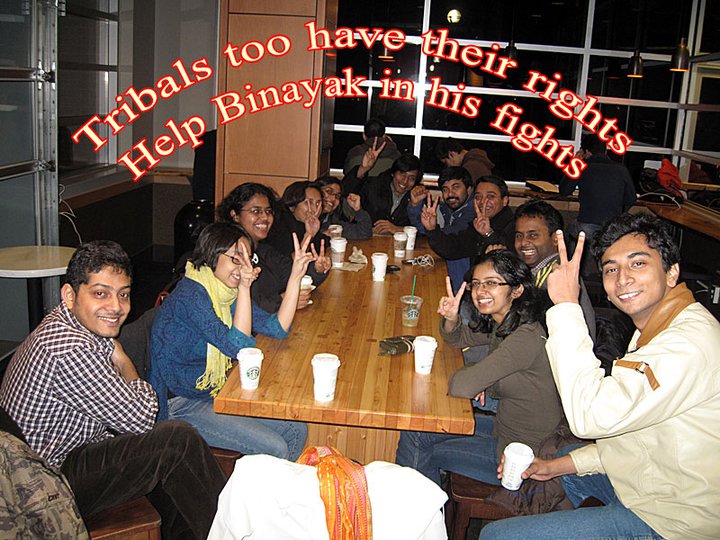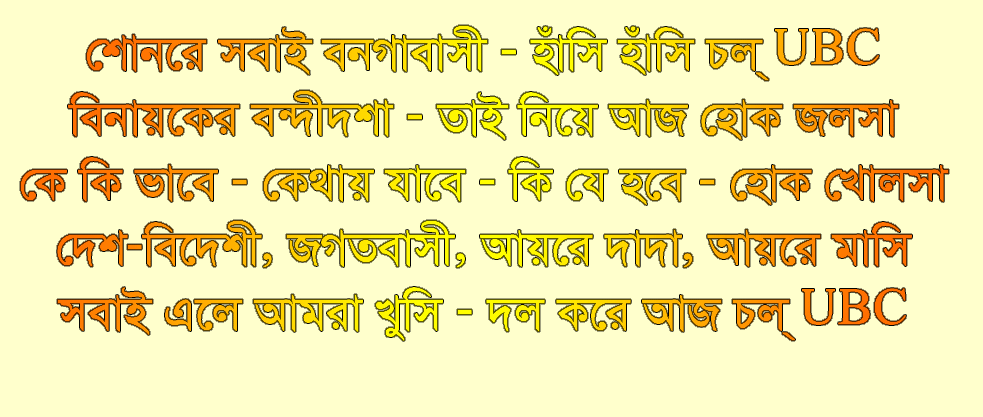I am not sure if I could properly translate that sentence, or rather, that expression. Originally presumed to be in Sanskrit, but it came down to a Bengali idiom, and found itself in standard vocabulary relating to the Bengali propensity of entertaining intellectual debates, or what others might consider as light banter.
The translation of the Sanskrit meaning is not too difficult because Bengali and many other Indian languages derived from Sanskrit, and the roots of many of the contemporary words can be traced to their Sanskritic origin. This particular expression means something like – conquering the world by mere talk. Its a satirical expression. In English, the corresponding term could be – talk is cheap.
I had written a previous post, about my closing down the Khata blog site (http://web.me.com/tonu/Santiniketan_Papers/). I was closing it down. But, it contained some of my own musings and thoughts about life as I perceived it. It contained some years of my thoughts, and some of them came from observations that went back years into my conscience or perception of the world around, or my past.
And so, even while I decided to wind it down, I began a half hearted effort at archiving some of those writings, or rather – bringing them into a newer installment here in this blog, with my more recent views on the topic.
The thing is – I liked the heading, and the way I arranged the image at the top of the page, borrowing one line from Tagore’s poems, and placing my own question below it. To me, it appeared both humorous, and satirical, and in some ways followed Tagore’s own satire, coming out of frustration, at the people around him.

The line in that image is part of a Tagore poem. That came from the middle of one of Tagore’s satirical poem. The line itself stated that, instead of belonging to this useless group of Bengali society, the poet might have preferred to belong to the nomadic Beduin tribes of Arabia. They might not have showed outward traces of culture and civilization that the Bengali intelligentsia was so busy displaying, but they had self respect, and unlike the Bengali babu culture, the Beduin would stand up for their beliefs and confront danger to defend their lifestyle.
The poem started like this, with my own translation in brackets :
Title : দুরন্ত আশা (Unruly Hope)
মর্মে যবে মত্ত আশা সর্পসম ফোঁসে, (When injustice of the powerful hiss at us like a venomous snake)
অদৃষ্টের বন্ধনেতে দাপিয়া বৃথা রোষে, (False anger tied up invisibly by fate)
তখনো ভালোমানুষ সেজে (even then, being the good boys that we are)
বাঁধানো হুঁকা যতনে মেজে (we shall stack tobacco in our water pipe carefully)
মলিন তাস সজোরে ভেঁজে খেলিতে হবে কষে! (and shuffle our faded deck of cards and start our card game)
অন্নপায়ী বঙ্গবাসী স্তন্যপায়ী জীব ( we the rice eating and milk drinking species of Bengal)
জন-দশেকে জটলা করি তক্তপোশে ব’সে। (can sit around on the mat and have our entertainment)
I had not copied that poem as such on that post, but merely borrowed one the lines from the later section of that poem. That line was IHAR CHEYE HOTEM JODI ARAB BEDUIN (meaning, I’d rather have been born a nomadic beduin in Arabia). Instead of copying that entire poem, I ended up writing one of my own in Bengali, along with a piece of English text. Here is what I had written.
Sunday, March 14, 2010
I had written a light hearted Bangla poem, of mediocre quality, just to lighten up the mood while bad things were being reported everywhere. There was this drip drip bad news about climate change, the new noth-south divide, the gloomy outlook of a world less controlled by nations and more controlled by a shadow group behind giant corporations, coupled with global conflicts raging everywhere, and not just in Iraq or Afghanistan, which are merely one sphere of American interst that seem to mesmerise the meida. Add to that the issues of the world food crisis, and to cap it off the continuous drip of bad news leaking out from Santiniketan.
So, I wrote that poem:
তনু এটা লিখেছিল
ভাবার কথা, কত ভাবার কথা,
গোলকধঁাধায় খাবি খাবার ব্যথা।
বিশ্বভারতী কিম্বা বিশ্ব রাজনীতি,
কোথায় হদিশ পাই তার মতিগতি
চঁেচামেচি, লাঠালাঠি অার হাতাহাতি,
Instant পণ্ডিতদের বানী যথা তথা।
বুলেটিন বোর্ডেতে লেখে কত লোক
প্রতিবাদ, মন্তব্য অার কত শোক।
লোকে কত কি না বলে, বড় বড় theory।
ঘরে বসে ভজ শুধু হরে কৃষ্ণ শ্রীহরি।
সবইতো ভাগ্যে লেখা – যা হবার হোক।
পিয়ালি পালিত তবু দিল্লী পালায়
তনু মাঝে মাঝে কিছু চিঠি লিখে যায়
তাপসদা বৈতালিকে রোজ ফিটফাট
টুকু চিকু push করে চন্দ্রের হাট
podcast’এ গান গায় তমোজিত রায়।
বসন্ত উৎসবেতে যত উপদ্রব
কালোবাড়ি ভাঙচোর, মারপিট, ক্ষোভ
রজত কান্ত বলে – যাব অামি কাশিতে
অানন্দরূপদা বলে যোগ দাও SASI’তে
পার্থের যুক্তিতে হারেন প্রণব।
এই করে কেটে যায় অারো এক মাস
প্রচুর সময় হাতে – খেলা যাক তাস
সমাজ উন্নয়ণ রাখো চিন্তার বাইরে
বাথরুমে গান গাও তাইরে নাইরে
তনু এটা লিখেছিল – কোরোনাকো ফাঁস!
And then, like most folks, I got back to the normal grind, going about my work, reading books and listening to interesting speeches by folks, watching a bit of the Winter Olympics highlights, and speaking with other exstudents of Santiniketan. I even ended up writing individual letters to a number of MPs of the Indian Parliament lower house, and got a response too, on the issue of the Civil Liability for Nuclear Damage Bill 2009.
Regarding Santiniketan, I ended up sending a few joint emails to Delhi, along with Piyali Palit, and searched out a few Rabindrasangeets by Partha da, from iTunes. I included one of them on a recent Podcast – ক্লান্তি আমার ক্ষমা করো প্রভু, and updated the খাতা web blog.
On the side, I was exchanging a few emails with folks. One topic under discussion was if Rabindranath should be separated from Santiniketan, thereby freeing Rabindranath and also Santiniketan – presumably because the two became incompatible with each other – like a marriage gone sour.
But, my thoughts actually turned away from that. I guess I shall never make a good marriage counsellor. The thoughts turned to something else – about ourselves – those of us that seem to engage in debates and discussions on what to do with Santiniketan.
I often get bogged with this dimension – or lack of dimension – in the debates. It appears to me, rightly or wrongly, that such debates have one fundamental flaw – they are conducted by the middle class, for the middle class and only the middle class.
The middle class, I often felt, might be ill-qualified to understand either Rabindranath, or indeed anything outside of the middle-class bubble. Also, I suspect, Rabindranath, while being inclusive and universal in his thought and action, did not rate the Bengali middle class too high on his list of priorities.
In other words, neither Santiniketan, nor Rabindranath, should have been restricted to the middle class world, It is perhaps a tragedy that the middle class Bengali community first kidnapped and then improsonned Rabindranath and all his dreams till this day.
So, perhaps Rabindranath needs to be released and set free. The question is – how does one free Rabindranath from the Bengali middle class? And how does one conduct a debate on these issues, when the only people engaged in such debates are the very middle class that Rabdinranath often had so low an opinion of? Gurudev’s comments come to mind – ইহার চেয়ে হতেম যদি অারব বেদুইন.
Another thing that often amazed me is how the middle class Bengali crowd seem so interested in having a debate but not interested in concluding that with any plan of action. It is as if debates should he held only for the sake of debates, and folks should never have to worry about actually working towards some goal. As if following the mantra of মুখেন মারিতং জগত is the only path worthy of them.
Well, food for thought, along with some coffee.
——————–
That was what I had written, merely two years ago. And how much things have changed since then. I was showing signs of frustration even then, as it appears, with the middle class mentality of not wanting to involve in any good community work, and invariably got drawn to Tagore’s frustrated or sarcastic musings on those issues.
And now, I am closing that site down altogeher, and moving on to the next chapter. It is not proving as easy as it should have been, but the movement is happening, I can see.
Take AID Vancouver chapter for example. It was within a few months of my writing that, when I attended the annual AID conference in Seattle and got so highly motivated with it and by the people there. That started a two year effort by some of us to start a Vancouver chapter of AIDS and a fresh set of frustration, this time aimed not at Santiniketanites, but the general diaspora of affluent immigrants from India for their own frog-in-the-well lifestyle, albeit in well decorated silver lined plastic coated and electronically climate controlled well rather than the moss covered, close to the nature old wells of India. But, at the end of the day, I guess a frog is a frog is a frog. We have evolved from placental mammals to the simians to the homo lineage, only to revert back to the advanced frog-in-the-well type of comfortable humanoids of the twenty frist century.
But then, two years on, out of hundreds of thousands of expatriates Indians, we did manage to collect half a dozen dedicated people willing to do something more than chew pan and look at Shah Rukh Khan and sing bollywood songs in way of intellectual and spiritual sustenance. We found the necessary minimum to be able to think about – gasp – doing something constructive, starting with making a change in our own lifestyle, within our means, to represent the change we wish to see in others.
And we are going to be, slowly, steadily, be moving towards deeds and not just idle talks, towards making a tiny little difference, somewhere, somehow. The first few steps are already taken – that of meeting up once a week, either face to face, or over the wire.
And, with just a handful of folks, the world suddenly begins to look a lot brighter.

—
 Here we include a podcast involving a talk with Dr. Ramu of India, on sustainable agriculture.
Here we include a podcast involving a talk with Dr. Ramu of India, on sustainable agriculture.
